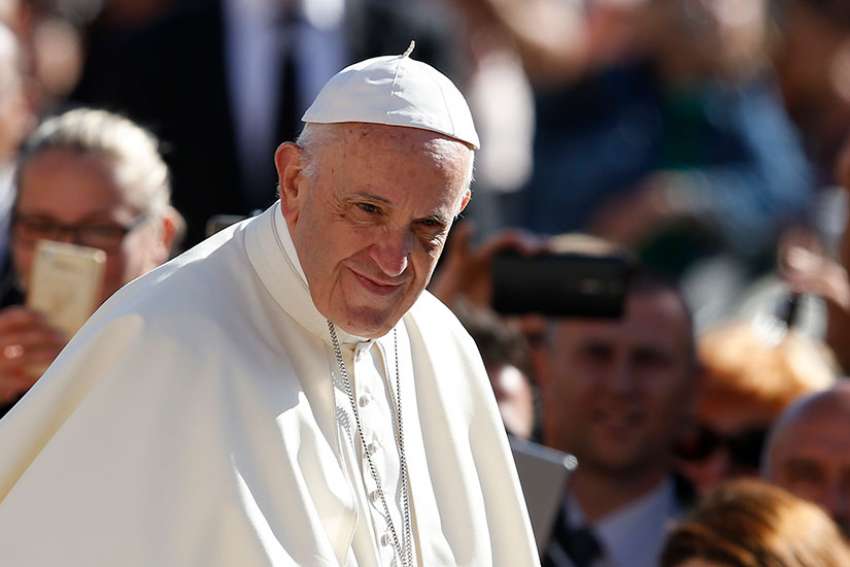But just because the Pope has loosened the Vatican’s grip on liturgical prayers and texts, people in the Sunday pews shouldn’t expect a return any time soon to “and also with you” instead of “and with your spirit.”
Anyone who has followed the liturgy disputes that have dogged the Church since Vatican II will understand a general reluctance in the Englishspeaking world to start over. And that’s how it should be. It’s commendable that so many people are passionate about liturgy, but unfortunate that passion can so easily turn into bad blood.
The English-language translations rolled out in Canada in 2011 — intended to more exactly reflect the original Latin — may not be to all tastes, but they are the product of many years of deliberation and discernment. Changing them now makes no sense.
Of greater interest is what this decision — issued by moto proprio, or an edict from the Pope — signals about the papacy of Francis and where he wants to take the Church. Clearly, he is serious about his oft-stated intent to reform a Church that currently centralizes power and authority in the Vatican curia. Francis imagines a day when far greater responsibility and autonomy is shifted to national bishops’ conferences and, through them, the people who are the universal Church.
It’s a laudable vision that has its roots in Vatican II, if not earlier. But it is not without potential pitfalls, which suggests looking both ways before crossing this new street.
It can be a fine line between, on one hand, building a stronger Church by extending autonomy in some matters and, on the other, becoming a fragmented Church should this revised approach be implemented without care and safeguards.
The Pope seems to get that. The Vatican will share liturgical responsibility with national bishops’ conferences but it will retain a veto. Vernacular language will be accommodated “within defined limits” provided the “sense of the original text” is always reflected “fully and faithfully.”
When he addressed about 120 first-year bishops recently, the Pope told them to become listeners and participants in people’s lives, not “self-sufficient father rulers.” To do so requires humility and a willingness to sometimes “give up your own point of view” because “the same solutions aren’t valid everywhere,” he said.
Likewise, Francis believes the Vatican should be more open and welcoming with its bishops. That doesn’t mean relenting on matters of faith, but finding ways to cultivate collegiality so that major decisions are collective efforts rather than dictates imposed from Rome.
In the end, it’s about respect, not reform.


